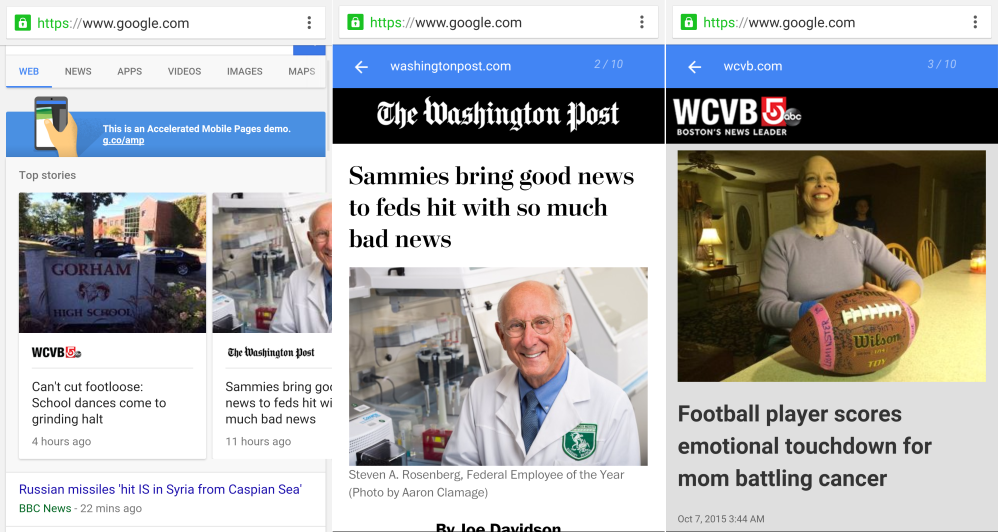
Google announced today on the official search blog that it is rolling out a new feature in search results that will help users to easier find in-depth articles on a varying number of topics. While Google has been working over the last year to include more quick answers and information directly in search results, it estimates that around 10% of its users are instead looking for in-depth information for queries. Starting over the next few days, users will now see a selection of in-depth articles in a new section for certain search topics (as pictured above):
If you care about censorship, you’ll find a thought-provoking article by Salman Rushdie in The New Yorker, a piece by our very own Eric Schmidt and Jared Cohen in the Guardian, and another greatarticle about Iran. If you’re in the mood for something lighter, search for [lego], you’ll find great in-depth articles about many different facets of the topic from gender to engineering to art. For some more examples, check out new search results for population growth, capital punishment and e-waste.
Google says that the new section will include articles from well-known publishers, lesser-known publications and blogs.
The company has a help page here for publications interested in optimizing their site for the new feature, and also outlines restricted content including some subscription-based access websites that don’t offer “first click free” access to new readers.



